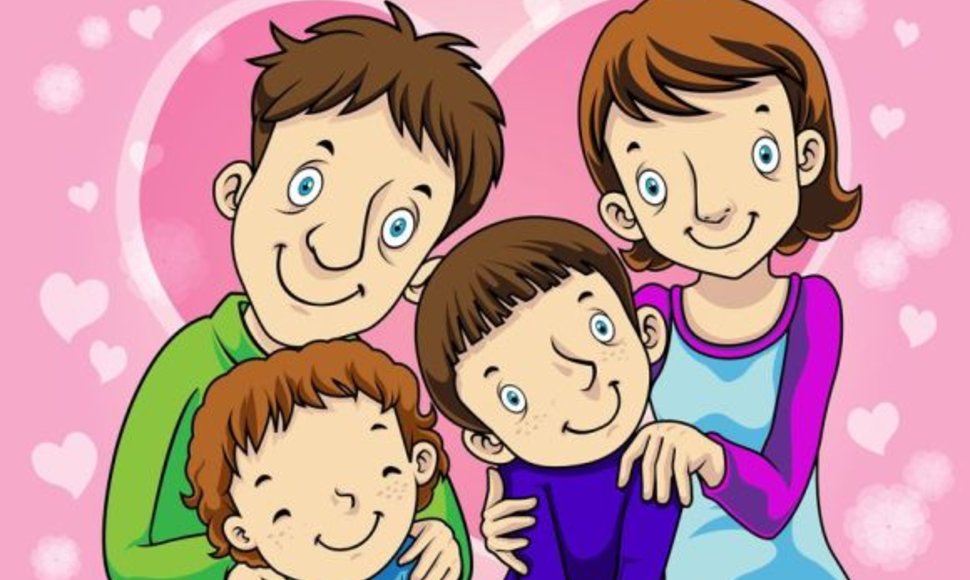"Today, we clearly identified that it's more of an ideological discussion about values and that the government, perhaps, cannot have a common opinion," Minister of Social Affairs and Labor Donatas Jankauskas told journalist after a government meeting.
In his words, it was decided to draft a proposal that would not express a categorical position and which would not prevent the government from discussing the presented constitutional amendment.
In late December, the parliament gave its initial backing to a draft constitution proposal stating that "family shall be concluded upon free mutual consent between a man and a woman to enter into marriage." The parliament is scheduled to hold the first hearing of the issue during the upcoming spring session.
Conservative Jankauskas said the government position drafted by his ministry had received skeptical opinions of liberal ministers, and that it was agreed to revise the proposal text for the government position to be less categorical. But the minister himself was in favor of the amendment. "Establishing a clearer link between family and marriage is unlikely to do any harm," he said.
Meanwhile leader of the Liberal's Movements and Transport Minister Eligijus Masiulis called the proposal discriminatory.
"We believe this provision is discriminatory and leaves other forms of cohabitation in the dark. How would you call a mother raising two children then?" the minister asked journalists on Monday.
"Liberal minister expressed their critical opinion about the initiative registered in the parliament," Masiulis added.
It has also been suggested that the bill is discriminatory towards same-sex couples.
The constitutional amendment linking family and marriage was drafted by 98 members of the Lithuanian parliament after the Constitutional Court ruled in September that provisions of Lithuania's state family concept, which accepts only people living in wedlock as family, runs against the Constitution.
According to the court's ruling, “institution of marriage is a historically formed family pattern which undoubtedly has exclusive value in public life."
At the same time, the court said that family can be built on other bases than marriage, adding that the form of a relationship is not the decisive factor for the constitutional concept of family.
The current version of Article 38 of the Constitution stipulates that family is the basis of the society and the state, that family, motherhood, fatherhood and childhood are under the protection and care of the state, and that marriage is concluded upon free mutual consent of a man and a woman.












